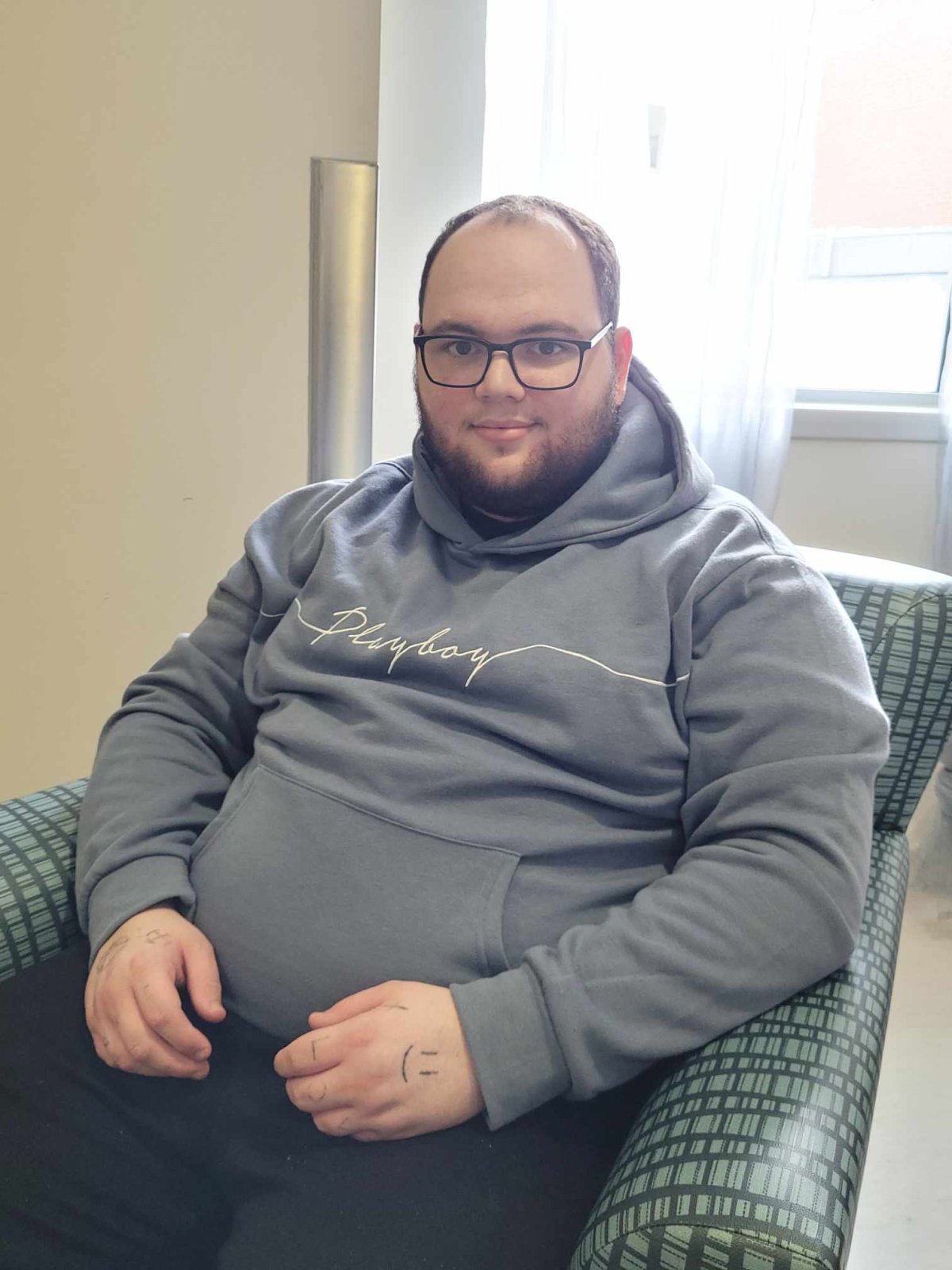Seven months after her son’s death, Andrea Cormier feels like she’s no closer to getting answers on what happened.
Her son, Landon LeBlanc, died just weeks after being admitted to the Shepody Healing Centre — a multi-level security facility at Dorchester Penitentiary for male offenders with mental health conditions.
“It’s really upsetting. I just wish I knew,” she said.
“Is it going to change anything? No. But just to know if somebody did something wrong (or) if it’s his health. Something needs to be looked into because a 21-year-old shouldn’t just die.”
Cormier says her son was born with frontal lobe brain damage, and had “limited impulse control.” As he got older, Cormier says he got into more trouble, and later struggled with substance use.
“When Landon was 14, he was charged with assault. He had a pocket knife on him and he told his vice-principal to leave him alone or he’d cut him,” she recalled.
From then on, she says LeBlanc was in and out of different institutions, including the Restigouche Hospital Centre, which provides psychiatric rehabilitation, and a group home.
“To meet Landon, you wouldn’t have known initially that he had some deficits. It’s not until you really got to talk to him,” she said.
“He would make comments like, ‘If you send me back there, I’m going to kill them.’ But had never acted on anything like that. Kids say those things and don’t actually mean it. But the police charged him with uttering death threats, so he got sent back to Restigouche.”
Landon LeBlanc was 21 when he died on March 30, 2024.
Provided/Andrea Cormier
About a month before his death in March, LeBlanc was transferred to the Shepody Healing Centre — a decision his mother was against.
“Because Landon was not an inmate. Landon was not a violent offender. He was essentially a child still in a man’s body,” she said.
It was during the Easter long weekend the family received the shocking news. She says a priest, or other religious leader, called to say that LeBlanc had “passed away earlier in the day.”
The news came as a complete shock, and no one was able to tell the family how it happened. Officials did say police were investigating and that it could take up to three months to get the results of the autopsy.
From what Cormier was told, her son was found his cell despite it being “free time or open time” — when the inmates were allowed in the common areas.
Cormier says her son was an outgoing person who made friends easily.
“Him being in his cell during a social time, that’s off,” she said.
“They said by the time the team was able to get to him they couldn’t resuscitate him.”
For months now, Cormier has called the coroner’s office for news — but has been told there’s no update.
Global News also reached out to the province’s Coroner Services, but has not received a response yet.
Meanwhile, a spokesperson for the New Brunswick RCMP told Global News that following the autopsy, they do not believe criminality was a factor in LeBlanc’s death.
In addition to the coroner’s and RCMP’s investigations, the Correctional Service of Canada says it too began an investigation into the case.
“Please note that these reviews are very thorough and timelines for their completion can vary based on individual circumstances,” a spokesperson wrote in an email.
For now, Cormier says she waits. She can’t even bear to clean out her son’s room, as she hopes for closure.
“I’m kind of at a standstill. I don’t know what to do or who to speak to when I don’t even have why my son passed.”
